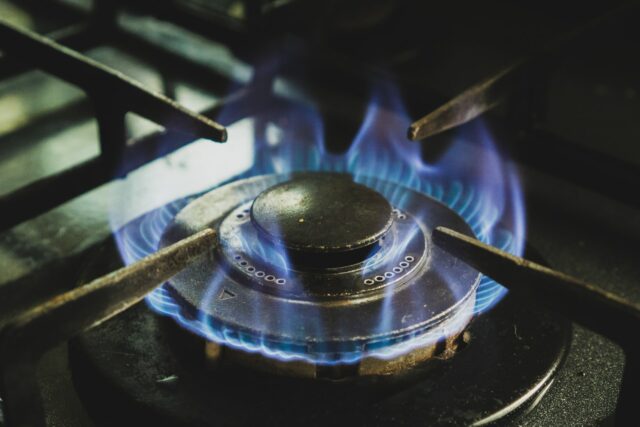
LONDON — Britons will learn the reality of the looming winter energy shock on Friday when the regulator announces an expected 80% jump in its price cap, heaping pressure on the government to do more to help millions of households facing fuel poverty.
Wholesale gas and power prices that were already rising after the pandemic have surged since Russia invaded Ukraine and Moscow curtailed gas exports to Europe, driving UK inflation to a 40-year high.
The increases are passed on to British consumers through a price cap, calculated every three months, that was designed to stop energy suppliers profiteering but is now the lowest price available for 24 million households.
Analysts at Cornwall Insight predict the cap, which applies from Oct. 1, will rise 80%, taking average dual-fuel bills to 3,554 pounds ($4,212) a year, on top of a 54% rise in April.
To put the rise into context, the opposition Labour Party has proposed a six-month freeze on energy prices. If extended for a year it would cost around 60 billion pounds — almost as much as the coronavirus disease 2019 (COVID-19) pandemic furlough scheme.
“Without further support from the government, more than half of UK households will likely be in fuel poverty by January,” supplier EDF Energy UK’s executive Philippe Commaret said on Wednesday, adding that customers were at risk of a “dramatic and catastrophic winter”.
Fuel poverty is defined as spending more than 10% of income on energy.
SPIRALLING COSTS
The spiralling cost of energy, reflected in the price of everything from food to travel, is set to worsen a cost of living crisis amid warnings from the Bank of England of a lengthy recession.
The Labour Party said the new cap, which is due to be announced by regulator Ofgem at 0600 GMT, would be devastating.
“The fact the government is absent at this time of national crisis is unforgivable,” leader Keir Starmer said.
The government announced a 400 pound discount on consumer bills for this winter in May, when price forecasts were significantly lower. It has since been preoccupied with the battle to oust Boris Johnson as prime minister, and the race to replace him.
While European governments seek to conserve gas, increase storage and cut bills, Britain’s government has split into the warring camps of candidates Liz Truss and Rishi Sunak, who have clashed over how to respond to the crisis as they vie for the top job.
Truss wants to suspend environmental and social levies — a measure that would shave about 8% off bills under the current cap — while Mr. Sunak has said he will cut sales tax.
Cornwall Insight predicts the cap will rise by another 31% in January to 4,650 pounds, more than three and a half times the level of a year earlier, as the market shows no sign of abating, with UK gas prices hitting a record high on Monday.
Energy suppliers have come up with their own proposals.
Centrica-owned British Gas said it would give 12 million pounds of its 98 million first-half pretax profit to an energy support fund. Scottish Power has called for the government to cover some of the rise, which would be repaid over 10 to 15 years. ($1 = 0.8437 pounds) — Reuters



